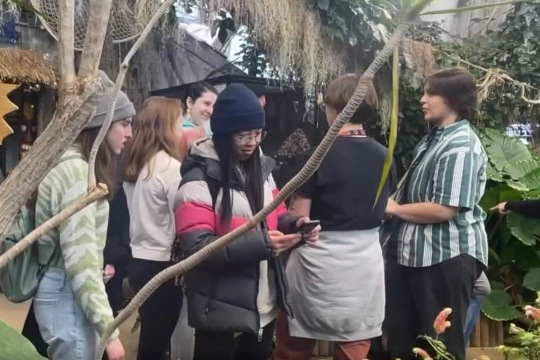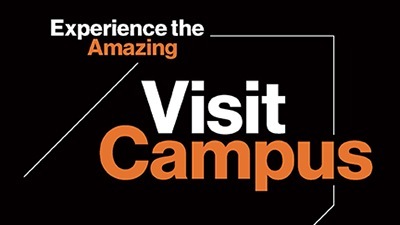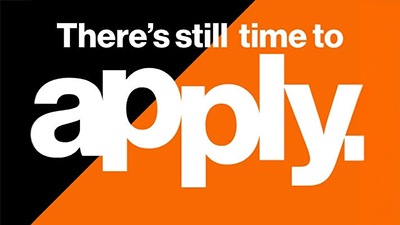
Danny Maffia
Principal Lecturer, ASL and Interpreting Education
Danny Maffia
Principal Lecturer, ASL and Interpreting Education
Education
BS, Rochester Institute of Technology; MA, Western Oregon University
Bio
Daniel Maffia obtained his bachelors degree in American Sign Language/English Interpreting with a minor in Communication from the National Technical Institute for the Deaf at the Rochester Institute of Technology in 2009. In 2010 he became nationally certified and most recently Daniel earned his Masters in Interpreting Studies with an emphasis in Teaching Interpreting from Western Oregon University in 2014. He has work experience in a variety of settings. Currently he is a program director and senior lecturer for the Bachelors interpreting programs within the department of American Sign Language and English Interpreting Department’s Interpreter Training Program at the National Technical Institute for the Deaf. Daniel also teaches in NTID’s Master’s in Healthcare interpreting program. Previously Daniel served as a staff interpreter in the Department of Access Services at the Rochester Institute of Technology. Daniel continues to work as both a Video Relay Interpreter at Sorenson Communication, a staff interpreter within a local hospital, and a freelance community interpreter. Daniel has shown his commitment to the field by serving on the board of directors for his local affiliate RID chapter for the past two years in addition to currently volunteering as chairperson of RID's Certification Committee. In addition he has been a mentor for both practicum students and colleagues. His curriculum development have been centered around developing courses in VRS/VRI and Interpreting for Diverse Deaf Consumers. Finally Daniel's research interests relate to Supervision and Demand-Control Schema. During his research Daniel had the opportunity to facilitate supervision for various interpreters both spoken language and sign language. Daniel continues to serve as a facilitator for various supervision groups in addition to presenting workshops relating to supervision and reflective practices in the field of interpreting.
Currently Teaching
In the News
-
April 16, 2024

Strong Museum hosts Deaf Day of Play
WHAM-TV talks to Danny Maffia, senior lecturer in NTID's Department of ASL and Interpreting Education and director of Interpreting, about the event.
-
March 5, 2023

Strong Museum of Play brings accessibility, inclusivity to play with Deaf Day of Play
Spectrum News features the Deaf Day of Play, held at The Strong in partnership with NTID.
-
February 18, 2023

Why didn't Buffalo have an ASL interpreter during the Christmas blizzard?
WBFO-FM talks to Danny Maffia, senior lecturer in the Department of ASL and Interpreting Education and director of the interpreting program, and Keven Poore, director of Substance and Addiction Intervention Services for the Deaf at NTID, about providing ASL interpreters during emergencies.
-
March 5, 2023
‘Deaf Day of Play’ held at Strong Museum
-
September 13, 2022
Dean and Maffia publish research on interpreting students and working interpreters




